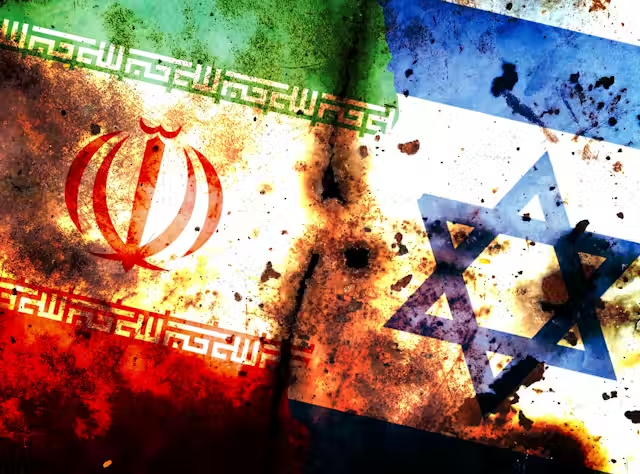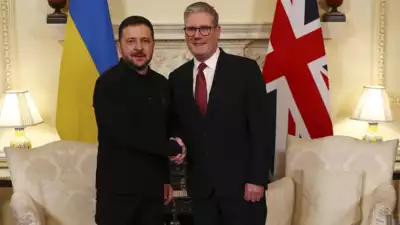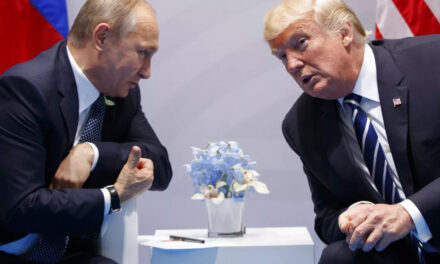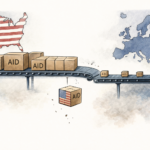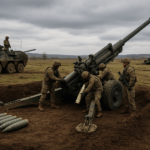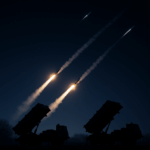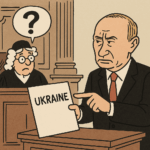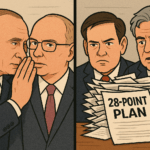Former Ukrainian foreign minister Volodymyr Ohryzko argues that the sharpening confrontation between Israel and Iran is a strategic windfall for the Kremlin and a new source of risk for Ukraine. In a broadcast interview, he warns that an intensifying exchange—sparked by Israeli airstrikes against dozens of Iranian sites linked to Tehran’s nuclear program and followed by Iran’s launch of more than a hundred drones—could spiral beyond a conventional tit-for-tat into a wider regional crisis. The worst-case scenario, he notes, would be any step that drifts toward a nuclear dimension: Israel is widely believed to possess nuclear capability, and no outside observer can be fully certain what Iran has hidden or how far its ambitions might reach. Even short of that nightmare, a prolonged missile-and-drone duel would carry heavy costs for global security and for Ukraine in particular. Ohryzko’s immediate concern is economic and political. Oil prices jumped by roughly twelve percent on the headlines, he observes, and that surge translates straight into higher revenue for Russia, the world’s key marginal petro-state and the aggressor in Ukraine. Every extra dollar per barrel fattens Moscow’s war chest, softening the bite of sanctions and lengthening the resources available for its invasion. At the same time, a Middle East flashpoint competes for the attention of Western governments that are already juggling multiple crises; the more bandwidth absorbed by an Iran–Israel showdown, the harder it becomes to sustain the focus and urgency Ukraine needs. Yet the diplomat also sketches narrow upsides if certain conditions materialize. Should Iran reduce its assistance to Russia under pressure or recalibrate to avoid further escalation, Kyiv would benefit. Likewise, if the crisis ultimately reins in Tehran’s nuclear ambitions rather than emboldening them, that outcome would improve global stability. But these are contingent possibilities, not trends to bank on, and they do not offset the immediate structural reality: the conflict’s logic currently advantages Russia through energy markets while distracting parts of the international coalition supporting Ukraine. His bottom line is a call for clear-eyed risk management. Ukraine and its partners must anticipate persistent volatility—price spikes, headline-driven political swings, sudden escalations—and double down on measures that cut into Russia’s ability to cash in on oil shocks, from tighter enforcement against sanctions evasion to coordinated energy policy. Without that, the Iran–Israel crisis will continue to pay dividends to Moscow while raising the probability of a broader catastrophe in the region.
Ohryzko: Iran–Israel crisis boosts Russia via oil price surge
